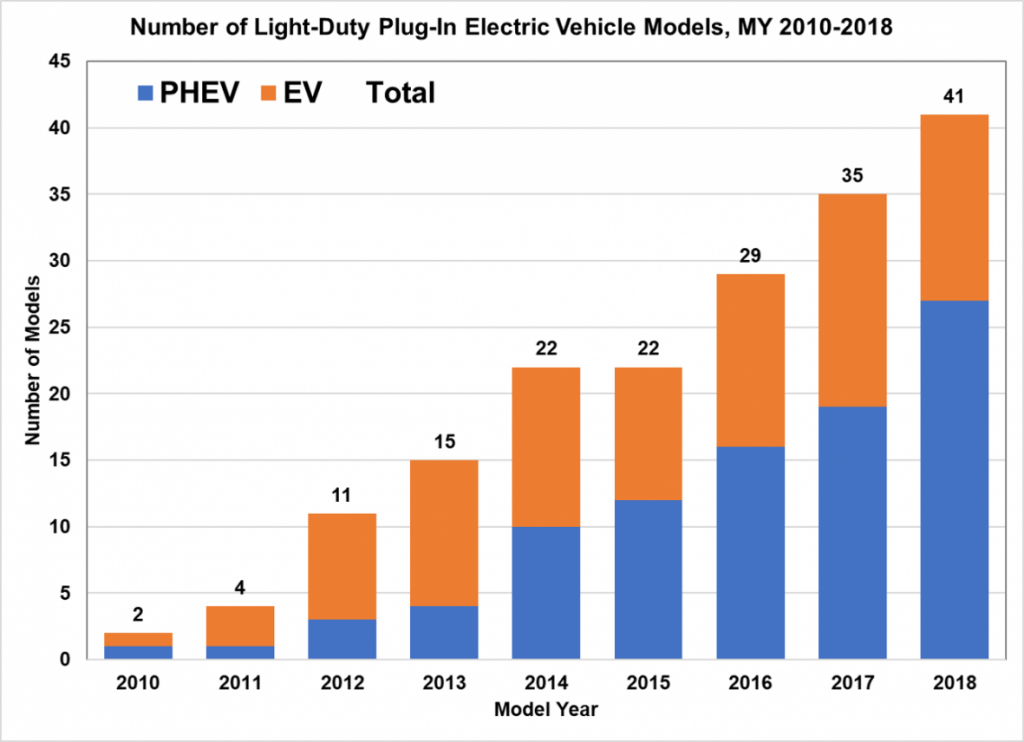The U.S. Department of Energy (DOE) has announced funding of up to $51.5 million for gaseous fuels research.
The funding opportunity announcement (FOA) targets the research of technologies for trucks, off-road vehicles and the fuels that power them. Funded through the DOE’s Office of Energy Efficiency and Renewable Energy, the FOA addresses priorities in gaseous fuels research, including natural gas, biopower and hydrogen; heavy-duty freight electrification; hydrogen infrastructure and fuel cell technologies for heavy-duty applications; and energy-efficient off-road vehicles.
“As the fastest-growing fuel users, trucks offer an important opportunity to use innovation to improve energy productivity,” says Mark Menezes, under secretary of energy at the DOE. “Through research and new developments in both energy efficiency and domestically sourced fuel technologies, we can not only strengthen our energy security but also improve transportation affordability for our nation’s trucking industry – helping those who deliver American goods and those who use them.”


